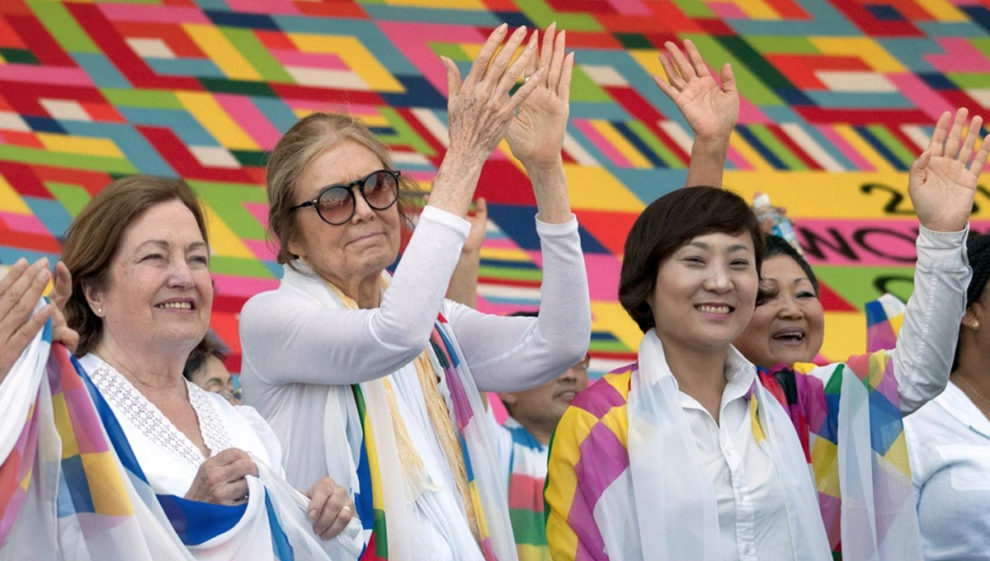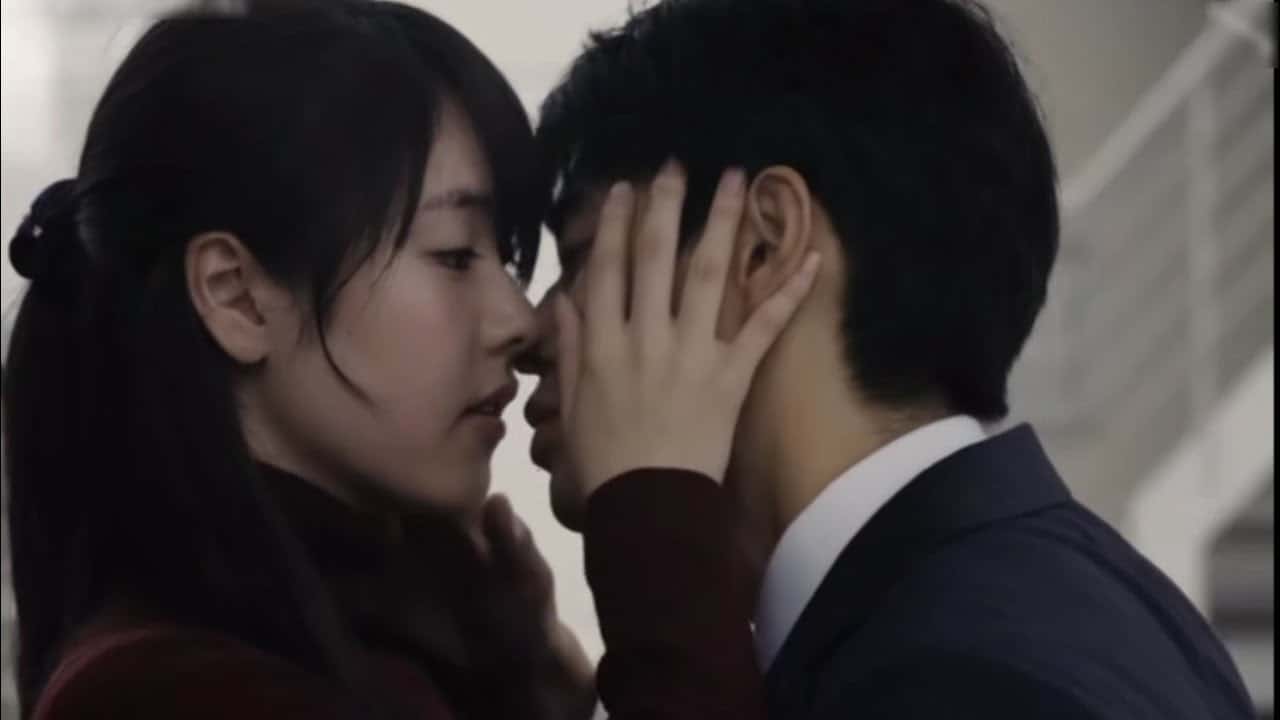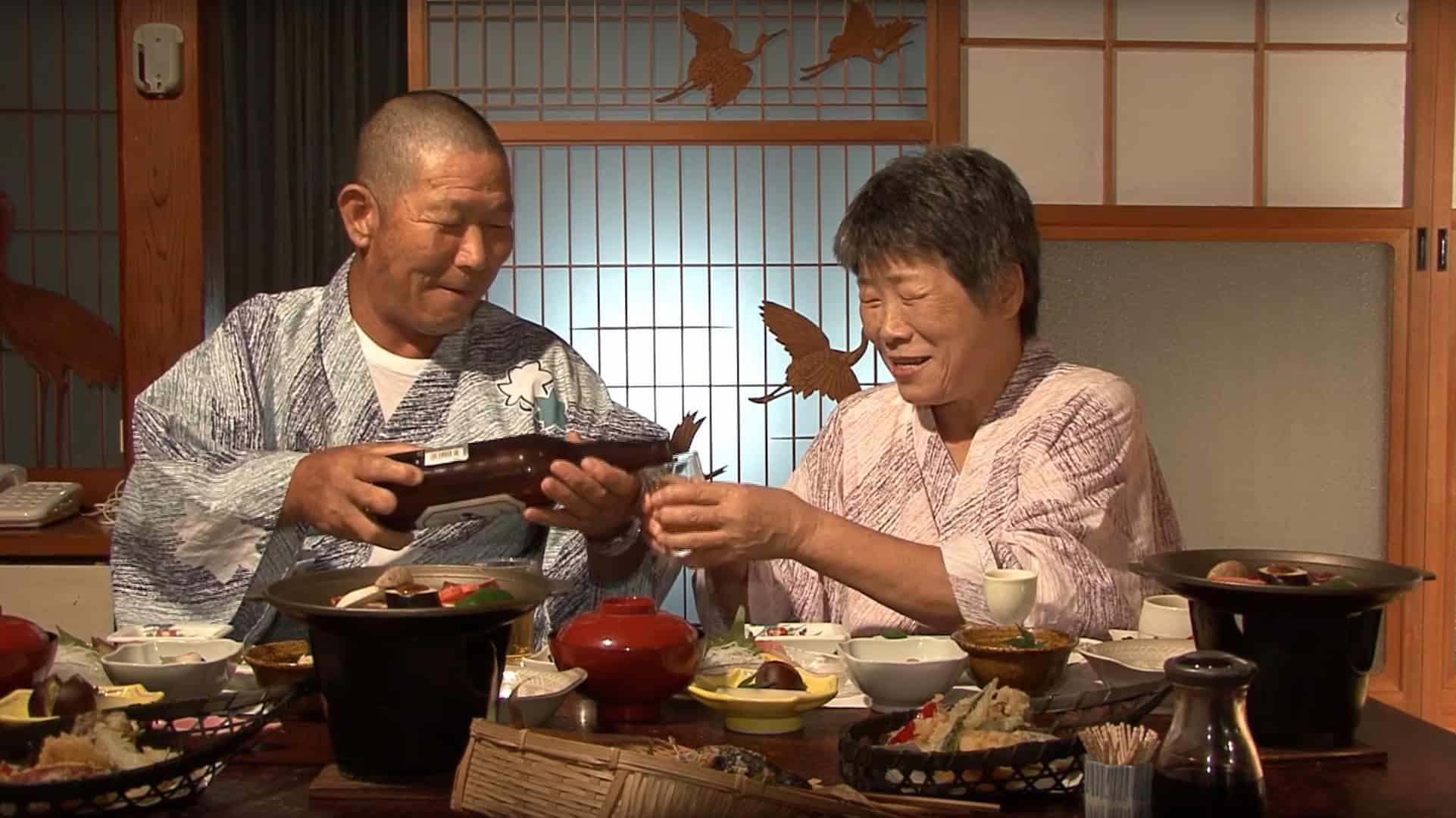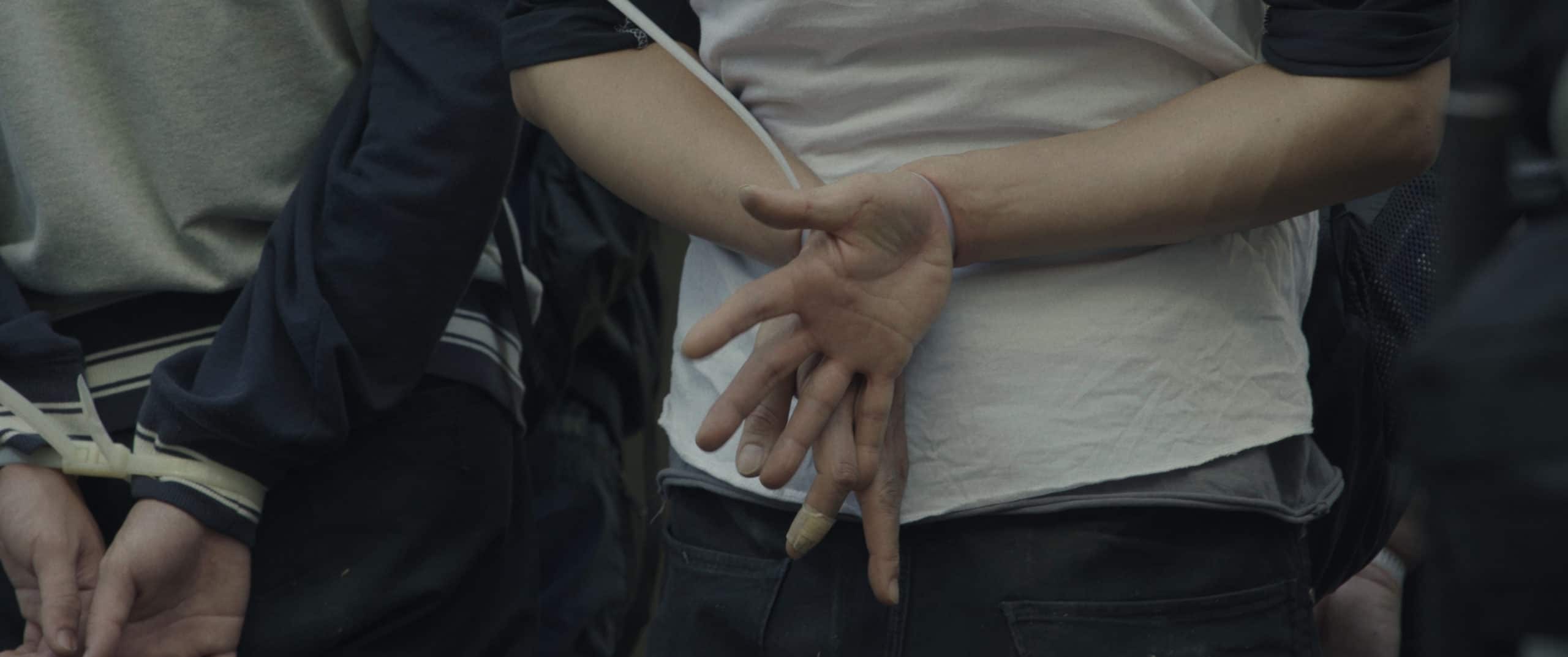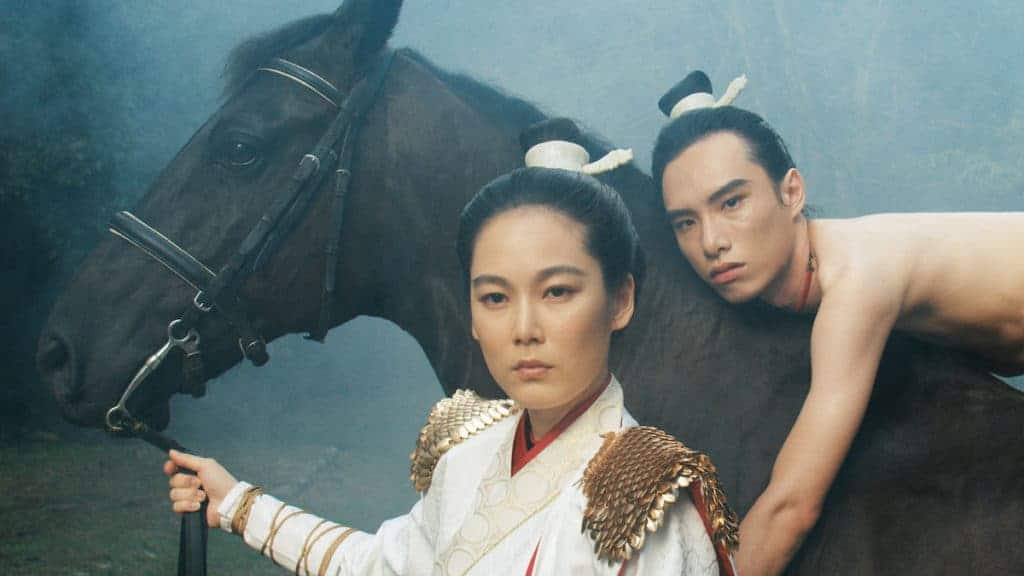Why is there still no end to the Korean War? Deann Borshey Liem has no answers, but she does film a potential solution: a peaceful women's march across the demilitarized zone (DMZ) separating North (DPRK) and South Korea (ROK). In “Crossings”, she follows Korean American activist Christine Ahn. Liem witnesses how Ahn amasses a group of thirty notable women, including Nobel Peace laureates, philanthropists, and activists like Mairead Maguire, Abigail Disney, and Gloria Stienem, in 2015. She and her camera crew patiently document the group's historic journey from Pyongyang to Seoul, with their ultimate goal to cross the border at the historic Joint Security Area. The future of peninsular peace, Ahn argues, lies in the hands of women like themselves.
“Crossings“ is screening at San Diego Asian Film Festival

Understandably, the delicate geopolitics of the Koreas haunts the group from the beginning of their journey. The ROK government throws a wrench in their plans by demanding that the group cross the border through the highway, not at the JSA. Critics from both ROK and abroad scrutinize Ahn's naive pro-North Korean outburst in Pyongyang. North Korean defectors publicly protest this international group's plan, questioning their involvement with DPRK officials, in spite of the government's track record of atrocious human rights violations. Despite all this, Ahn and her group remain steadfast. They continue their journey across the border, triumphantly uniting with other women activists in the South.
A mere synopsis could convince one to believe that Liem's documentary reads as a naive PR piece for Ahn's peace initiatives. A closer look, however, reveals the many anxieties grounded within the project. Despite the uniform media coverage on Ahn's group, Liem uncovers each individual's concerns. Some actively struggle to dismantle any personal prejudice against the DPRK; others learn to tone down their enthusiasm. In this way, Ahn's project navigates the decades of fraught political history. How should an external group call for peace through reunification when that concept is in and of itself so heavily politicized? In this conversation about peace, Liem deftly showcases the nuances of individual opinion and bias embedded into a front for solidarity. These thirty women activists – a sample size of so many more women like them – not all entirely the same. According to Liem, that in and of itself is not a weakness. The diversity of angles, in fact, only makes the group stronger.
It is, however, difficult to simply buy Ahn's (and by proxy, Liem's) argument. Their call for peace brings up more questions than it does answers. If reunification is the peaceful answer to war, then what does the aftermath look like? In a striking series of interviews with North Korean elders, Liem includes footage of women separated from their loved ones because of the war. Peace should reunite families across the border, Ahn argues, as an act of decolonial healing beyond the US sphere of influence.
While this all sounds good on paper, it becomes harder to argue with each passing day. Already, over 7 decades have passed since the outbreak of the Korean War; few individuals with memories of a unified peninsula remain. What are we to do with the economic ramifications of reunification? What are we to do with the human rights violations of DPRK? Will it really be possible to just hold hands and sing kumbaya once we get rid of the border? How much of this reunification, then, would actually serve the people living in the two Korea's?
These questions are not at the fault of Liem's production at all. They would haunt any project that dreams of reunification. Perhaps this is why so much of Liem's movie relies upon sentiment instead, like so many South Korean cinematic precedents. In a diasporic slip, “Crossings” highlights the sheer tragedy of a country divided into two, much like the war dramas akin to “Ode to My Father” (2014). Human loss alone is enough to propel the women's march forward.
Taken together, “Crossings” is a complex documentary to swallow. For those familiar with the Korean War, “Crossings” is an interesting commentary penned by Korean diaspora. For newcomers to the issue, it serves as a decolonial reader into alterities beyond the US narrative. All in all, “Crossings” follows an altogether simple premise about an extraordinarily complex issue. This allows it to do what documentary does best: to spark conversation.


